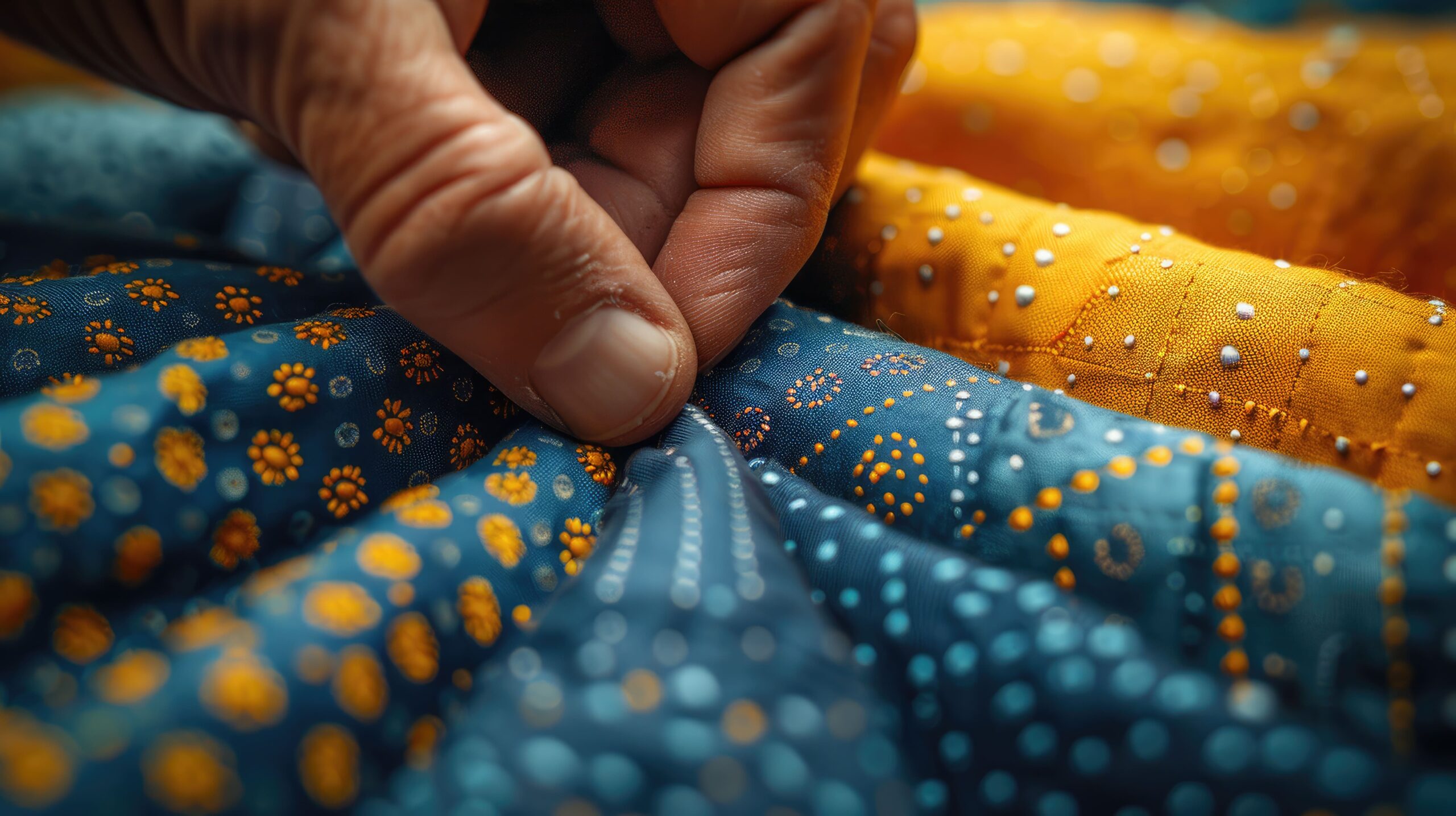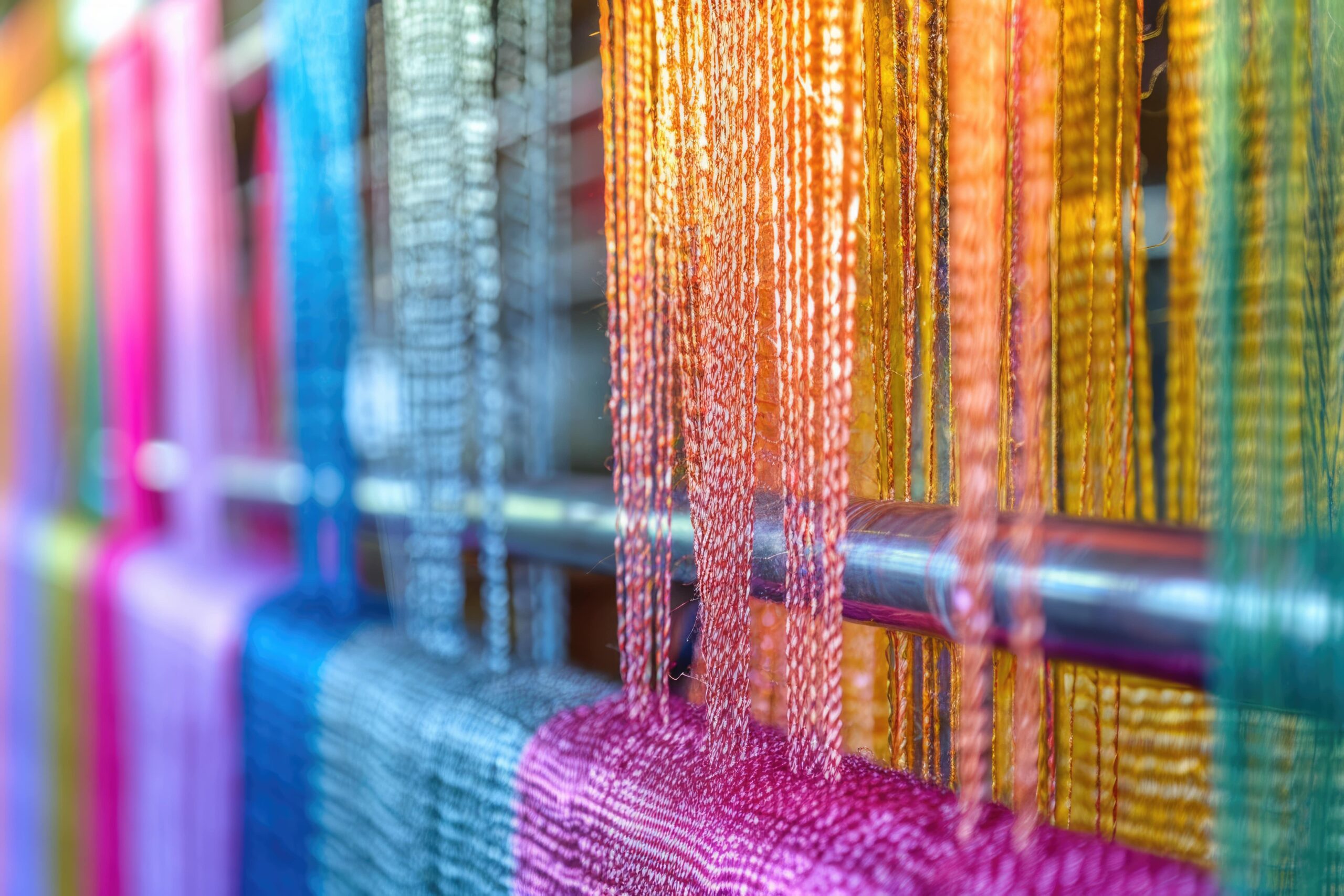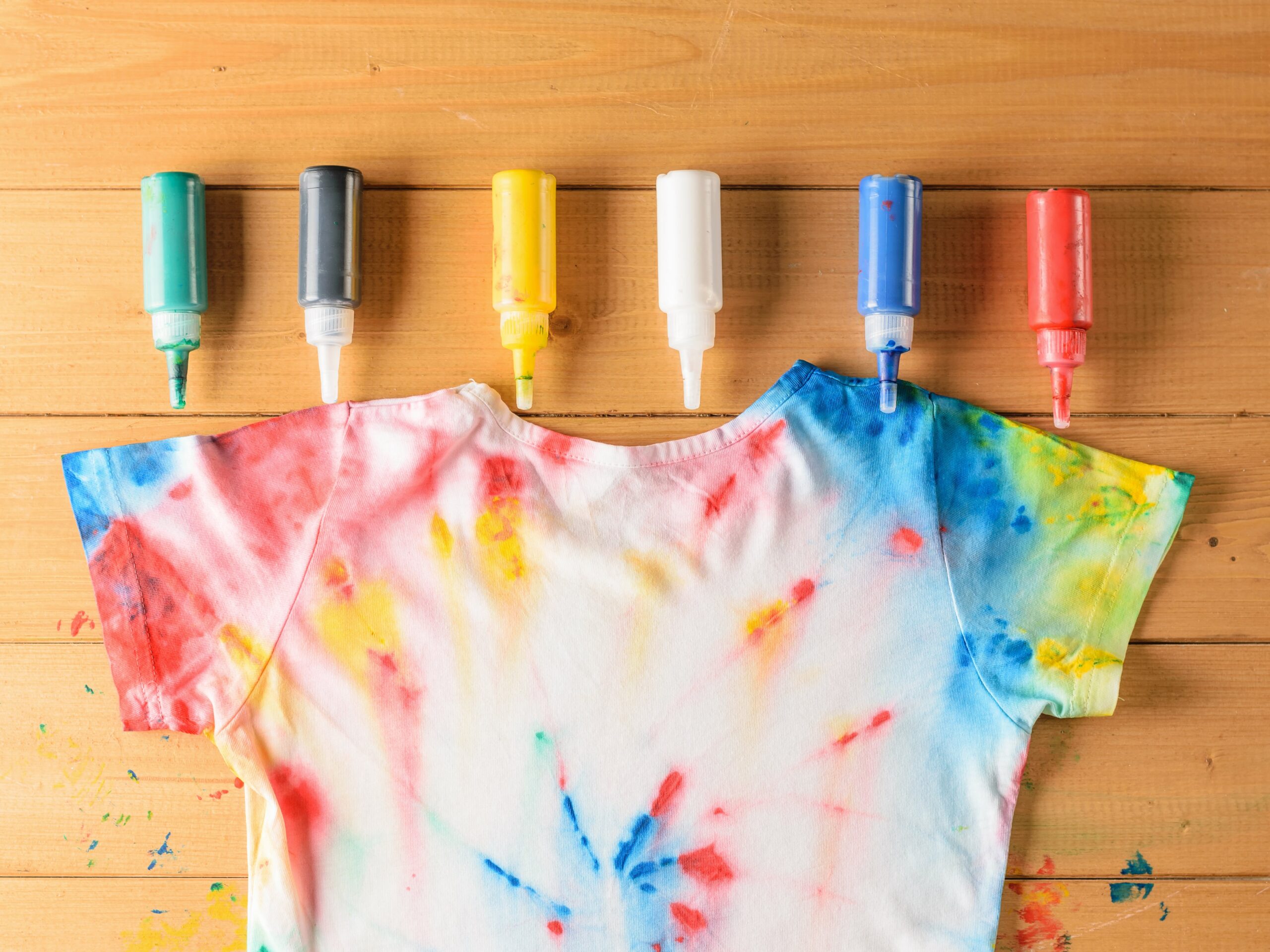The textile industry has always been at the forefront of innovation, continuously evolving to meet the demands of fashion, functionality, and sustainability. One of the latest breakthroughs in this sector is the introduction of zero formaldehyde resin for textile manufacturing. This advancement promises to enhance the quality of textiles and address significant health and environmental concerns.
Let’s delve more deeply into zero formaldehyde resin and how it revolutionises textile manufacturing.

What is Zero Formaldehyde Resin for Textile?
Understanding Formaldehyde in Textiles
Formaldehyde has been widely used in the textile industry for decades, primarily as a finishing agent for wrinkle resistance, durability, and water repellency. However, formaldehyde is a known carcinogen, and its presence in textiles poses health risks to workers and consumers. Exposure to formaldehyde can cause respiratory issues, skin irritation, and other serious health problems.
The Emergence of Zero Formaldehyde Resin
Zero formaldehyde resin for textile manufacturing is an innovative solution designed to eliminate formaldehyde while maintaining the desired properties of textiles. These resins are formulated using alternative chemicals that do not release formaldehyde, ensuring a safer and more environmentally friendly production process.

Benefits of Zero Formaldehyde Resin in Textiles
Health and Safety
Reduced Health Risks: By eliminating formaldehyde, these resins significantly reduce the risk of respiratory problems, skin allergies, and other health issues for workers and consumers.
Safer Work Environment: Textile workers are less exposed to harmful chemicals, leading to improved occupational health and safety standards.
Environmental Impact
Eco-Friendly Production: Zero formaldehyde resins contribute to a greener manufacturing process, reducing the release of harmful chemicals into the environment.
Sustainable Textiles: These resins support the production of sustainable textiles, aligning with the growing demand for eco-friendly products.
Quality and Performance
Enhanced Textile Properties: Zero formaldehyde resins provide excellent wrinkle resistance, durability, and water repellency without compromising quality.
Versatility: These resins can be used in various textile applications, from apparel to home textiles, ensuring broad utility across the industry.

Challenges and Solutions
Initial Cost
Higher Production Costs: One of the main challenges is the higher initial cost of zero formaldehyde resins compared to traditional formaldehyde-based resins.
Long-Term Savings: However, these costs can be offset by long-term benefits, including improved worker health, reduced environmental impact, and compliance with stricter regulations.
Adoption and Awareness
Industry Transition: Transitioning to zero formaldehyde resins requires significant manufacturing processes and equipment changes.
Education and Training: Raising awareness and training industry stakeholders about the benefits and usage of zero formaldehyde resins can facilitate smoother adoption.
Future of Textile Manufacturing with Zero Formaldehyde Resin
Regulatory Support
Governments and regulatory bodies worldwide increasingly recognise the importance of reducing formaldehyde in textiles. Supportive policies and incentives can accelerate the industry’s adoption of zero formaldehyde resins.
Consumer Demand
As consumers become more conscious of health and environmental issues, the demand for textiles made with zero formaldehyde resins is expected to grow. Brands that prioritise these resins can gain a competitive edge in the market.
Innovation and Research
Ongoing research and development in zero formaldehyde resins will continue to improve their effectiveness and affordability. Innovations in this area will drive the next wave of sustainable textile manufacturing.
Zero formaldehyde resin for textile manufacturing represents a significant step towards a safer and more sustainable textile industry. By embracing this innovation, we can ensure a healthier future for workers, consumers, and the planet.
Fineotex: Spearheading Innovation and Reliability
FCL leads in chemical innovation in the textiles, detergents, and water treatment sectors. Their specialised chemicals meet the unique needs of resist salt production, including pre-treatment, dyeing, printing, and finishing. FCL is dedicated to eco-friendly, cost-effective, and user-friendly solutions, empowering Zero Formaldehyde Resin for Textiles to boost fabric performance and efficiency.
Reference:
https://www.sciencedirect.com/topics/engineering/free-formaldehyde
https://www.linkedin.com/pulse/formaldehyde-applications-textiles-alternatives-iqbal-hossain/
